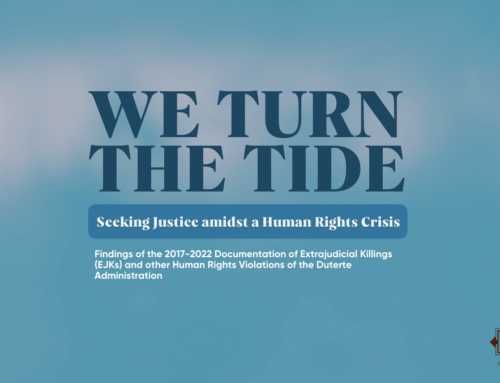(Beirut) – The Moroccan parliament should revise a draft law on the legal protections for domestic workers so that it complies with international standards, Human Rights Watch said today in a letter to Labor Minister Abdeslam Seddiki.
The draft law, which the government approved in June 2013, would regulate conditions for thousands of domestic workers in Morocco, granting them similar legal protections to those for other workers under the Moroccan Labor Law. The parliament will most likely discuss the draft law during its current session.
“Moroccan domestic workers are excluded from the labor law, leaving them no legal rights to limits on their hours or even a weekly day of rest,” said Tamara Alrifai, Middle East and North Africa advocacy and communications director at Human Rights Watch. “The Moroccan parliament has a unique opportunity to put an end to the exploitation of domestic workers by bringing the draft law in line with standards set by the International Labour Organization.”
In 2012, Human Rights Watch published a report regarding working conditions for child domestic workers in Morocco. The report documented that children under age 15, the minimum age for employment in Morocco, were working as domestic workers in violation of the Moroccan labor law, and that domestic workers over age 15 are excluded from basic protections under Morocco’s Labor Code.
Following the release of the report, Human Rights Watch met with government officials and nongovernmental groups working for women’s and children’s rights. Human Rights Watch highlighted ways to strengthen the draft law to conform to International Labour Organization (ILO) Convention 189 concerning decent work for domestic workers. The treaty is the first comprehensive legal instrument that sets minimum standards for the treatment of domestic workers.
Key provisions already in the draft law include a weekly day off, paid annual leave, a prohibition on recruiting domestic workers by unlicensed intermediaries, a prohibition on tasks that can jeopardize the safety of workers or “compromise their morals,” and financial penalties on employers who break the law.
However, the draft law does not meet the standards set by the ILO Domestic Workers Convention, particularly with regard to employment contracts, ensuring that employers grant a weekly day of rest and paid leave, a minimum wage, mechanisms for settling violations and disputes, establishing working hours, and social security.
The treaty entered into force on September 5, 2013, and 10 countries have ratified it. Additional countries have undertaken national legislative reforms to bring their laws and practices into compliance with the new convention. In all, 25 countries have improved legal protections for domestic workers in the two years since its adoption.
“Morocco can become the first country in the Middle East and North Africa to ratify the domestic workers’ treaty,” Alrifai said. “It can be the leader in protecting domestic workers in a region that has huge numbers of domestic workers but unfortunately lags behind in protecting them.”
Powered By WizardRSS.com | Full Text RSS Feed | RFID | Amazon Affiliate







